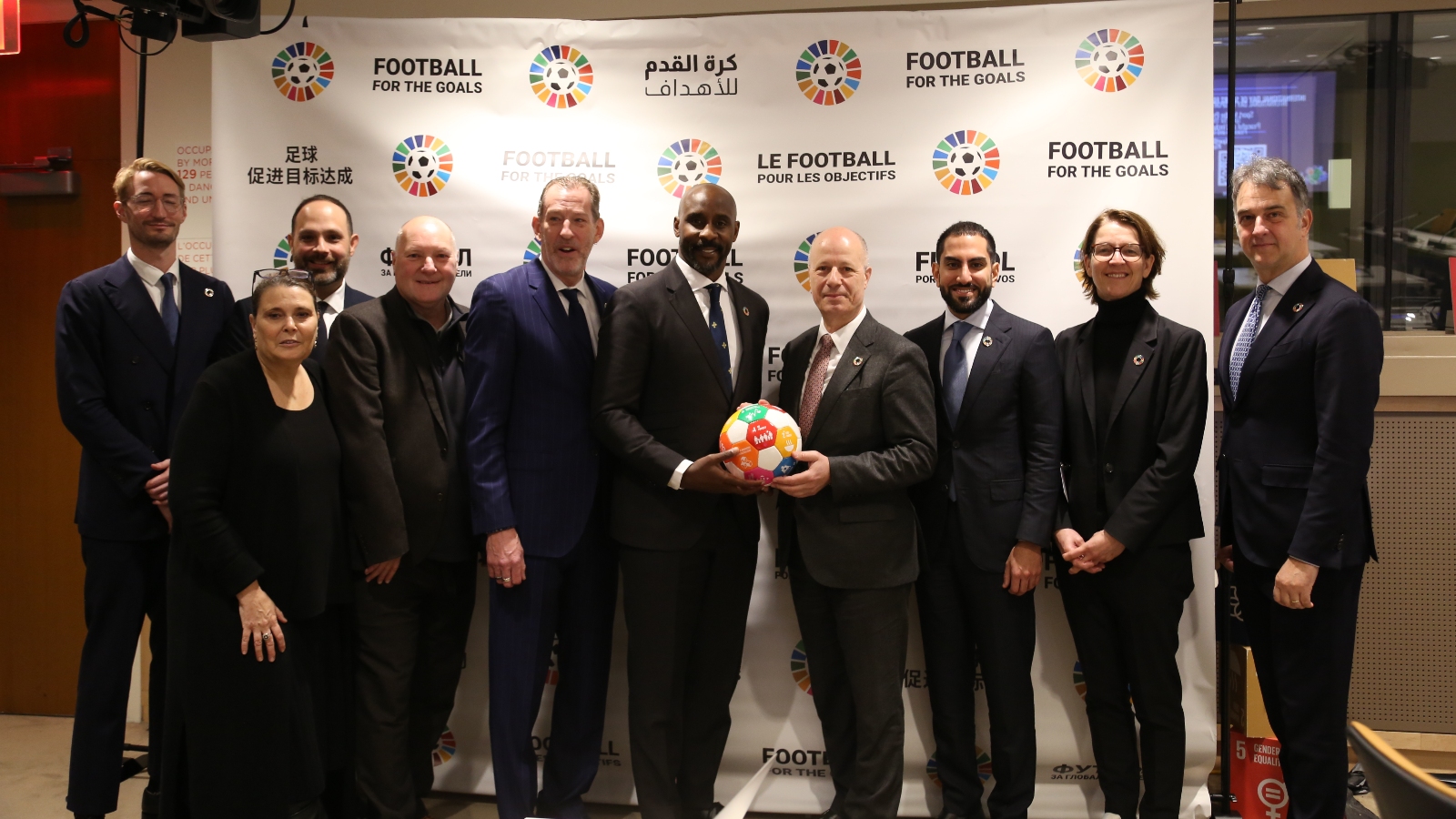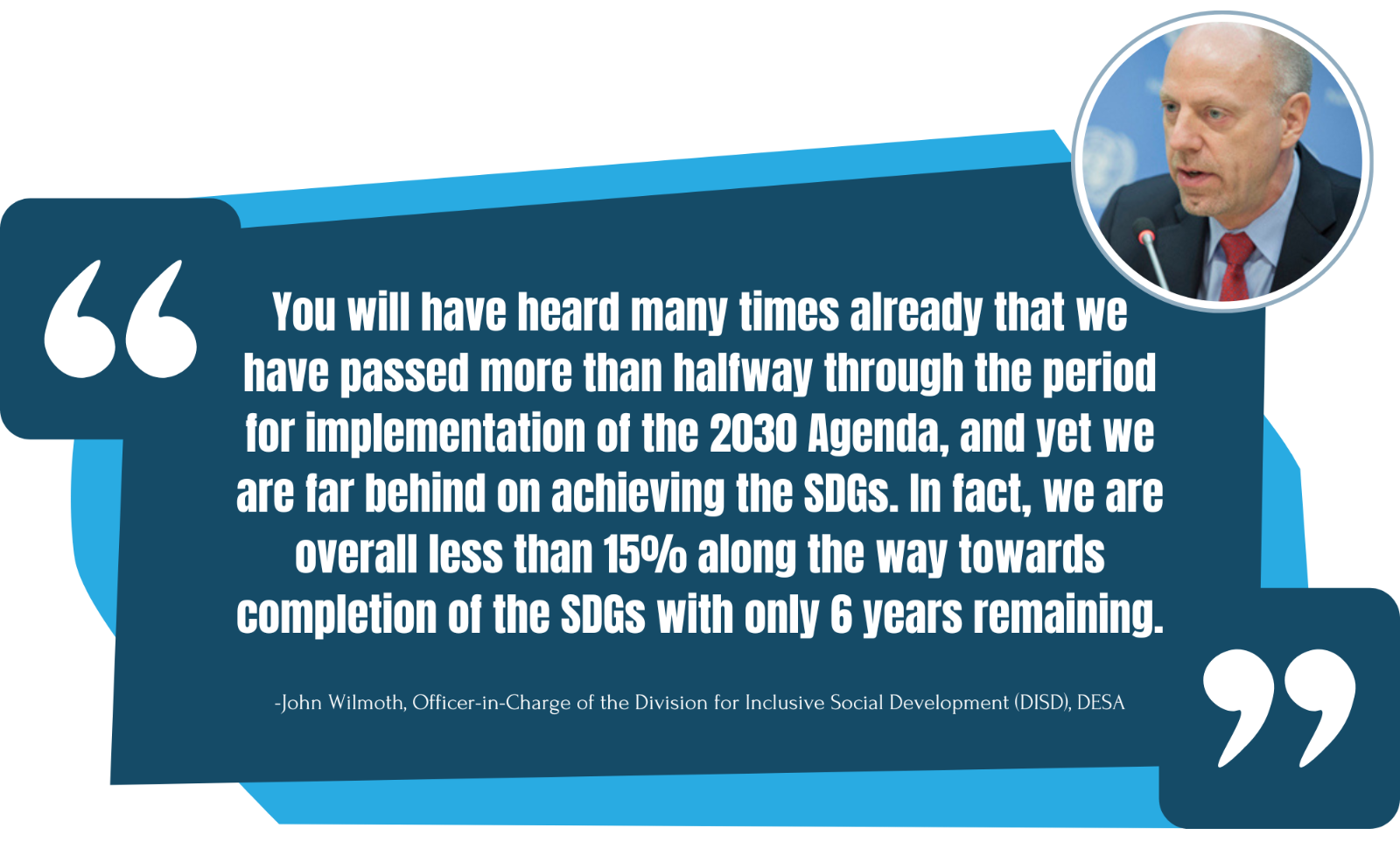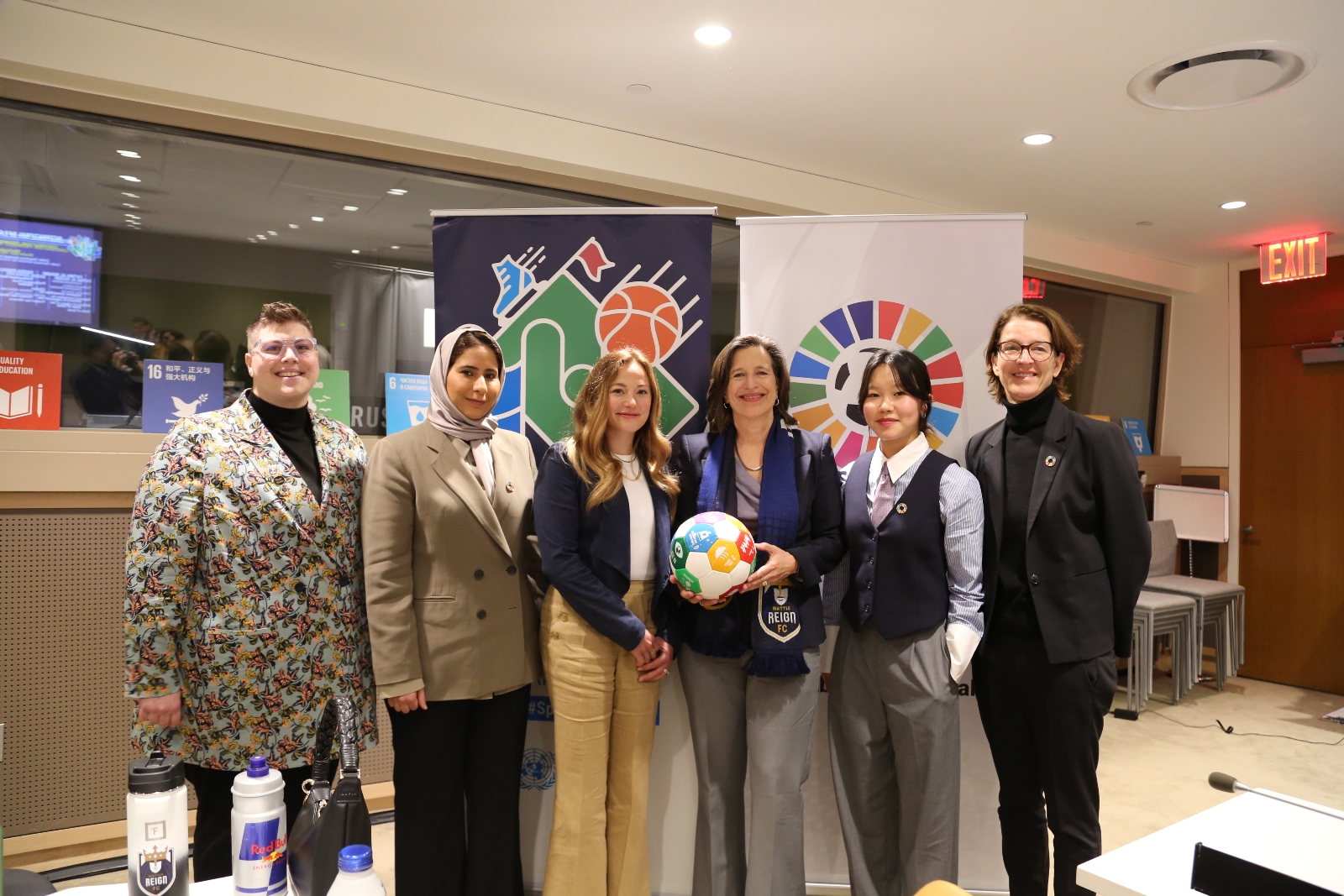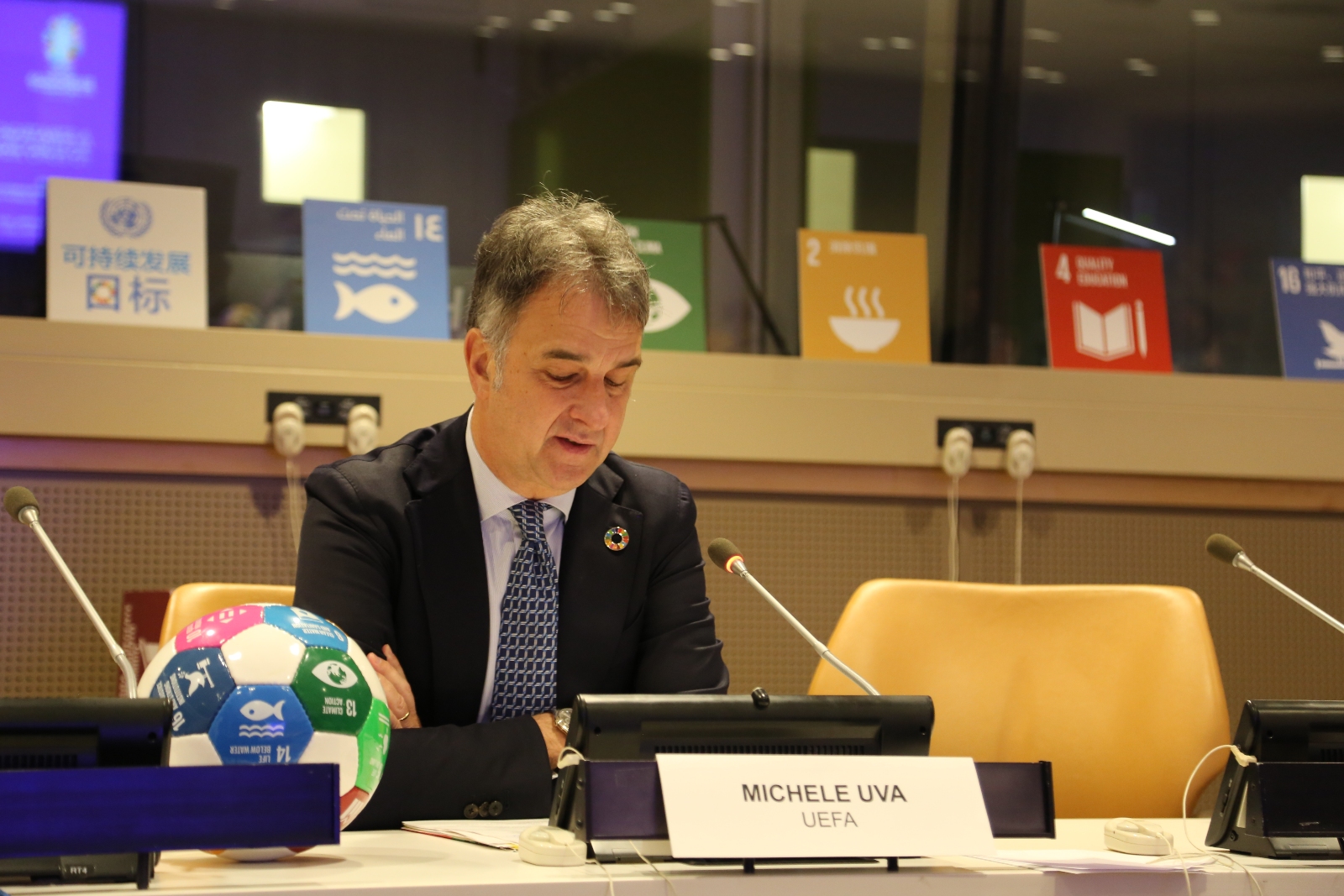
On April 4th, the United Nations Headquarters became a global stage for the celebration of the International Day of Sport, hosting a significant gathering in Conference Room 12 from 11:00 am to 1:00 pm. This event underscored the pivotal role of sports in fostering partnerships for peace and development, aligning closely with Sustainable Development Goal 17, which advocates for revitalizing global partnerships for sustainable development.
The initiative, Football for the Goals, stands as a testament to the power of such collaborations, being a partnership with FIFA aimed at leveraging football to promote development and peace. The event saw participation from major international sports and development organizations, including UEFA, CONCACAF, UN DESA, Permanent Missions of Qatar and Monaco and the UN Global Communication Department, highlighting the universal commitment to harnessing sport as a force for good.
A Platform for Voices

Maher Nasser, Director of the Outreach Division of the Department of Global Communication (DGC), and John Wilmoth, Officer-in-Charge of the Division for Inclusive Social Development (DISD), DESA warmly welcomed participants to the event, celebrating the 2024 International Day of Sport for Development and Peace, ahead of the actual day on April 6th. The event aimed to explore how sports can help create peaceful and inclusive communities while addressing critical issues such as racism, gender equality, and the impact of climate change. The speakers highlighted the importance of collaboration, specifically through the Football for the Goals initiative. They emphasized the UN's ongoing partnership with the sports industry to use football's universal popularity to promote the Sustainable Development Goals (SDGs). Their opening remarks set the stage for an event focused on recognizing the significant impact of sports on global development, peace, and the initiation of important discussions and actions to achieve the objectives of the 2030 Agenda. During the event, John Wilmoth emphasized the urgency of the situation regarding the 2030 Agenda.
Alya bint Ahmed Al Thani, the Permanent Representative of the State of Qatar to the United Nations, emphasized sport as a fundamental pillar of Qatar, illustrating its capacity to cultivate resilient communities through partnerships. She poignantly referenced the conflict in Gaza, underlining sport's potential to foster humility and solidarity amidst adversity.
Daphné Le Son, Deputy Permanent Representative and Chargée d'affaires a.i. of the Principality of Monaco to the United Nations, reflected on the transformative power of sport beyond mere competition, recognizing its ability to improve lives through fostering teamwork, respect, tolerance, and solidarity. She highlighted Monaco's decade-long commitment to raising awareness on the importance of sport for social cohesion and physical health.
Melissa Flemming, Under-Secretary-General for Global Communications at the UN Department of Global Communications, described sport as a "binding connector," crucial for promoting peace and achieving sustainable development goals with an optimistic outlook.
Champions for Change
The event also spotlighted individuals whose journeys through sports have evolved into advocacy for broader societal issues: 
-
Fatma Al Nuaimi, Communications Executive Director at the Supreme Committee for Delivery & Legacy of the State of Qatar, shared insights from the World Cup in Qatar, emphasizing sport's role in bridging cultural divides and challenging misconceptions about women in sports and society.
-
Steph Hirsch, Community Engagement and Social Impact Manager at Seattle Reign FC, discussed the club's efforts in building equity programs and their focus on sustainability, women and gender diverse rights, and mental health.
-
Bea Kim and Sasha DiGiulian, athletes and advocates for Protect Our Winters (POW), shared their personal experiences witnessing the impacts of climate change on their sports, emphasizing the importance of young voices in shaping the future.
-
Anquan Boldin and Angela La Chica highlighted the potential of professional athletes to drive social change, with Boldin's work with the Players Coalition serving as a prime example of athlete activism.
Pioneering Partnerships for a Sustainable Future
The gathering also focused on the strategic partnerships and policies aimed at utilizing sports for social change and environmental sustainability: 
-
Nasser Al Khori presented the Generation Amazing initiative, detailing Qatar's efforts to provide aid and sports-based development programs in Gaza in collaboration with international organizations.
-
Michele Uva, Director of Social & Environmental Sustainability at UEFA, outlined UEFA's commitment to sustainability, human rights, and governance, emphasizing the integration of sports with sustainable development goals.
-
Nicolas de Rivière and Marie Barsacq provided insights into France's preparations for the Paris 2024 Olympics. They highlighted initiatives for gender equality and sustainability, aiming to make it the first Olympics to achieve specific sustainable development goals.
The International Day of Sport at the UN Headquarters not only celebrated the universal language of sport but also showcased the collective resolve to leverage it as a tool for global peace, development, and sustainability. Through shared experiences, commitments, and forward-looking partnerships, the event illuminated the path toward a more inclusive and sustainable future, driven by the unifying power of sports.
For more information please visit: https://www.un.org/en/observances/sport-day and https://social.desa.un.org/issues/sport-for-development-and-peace/events/2024-IDSDP
Source: UN DESA
 Welcome to the United Nations
Welcome to the United Nations